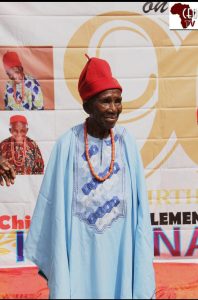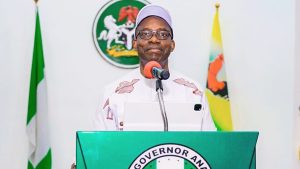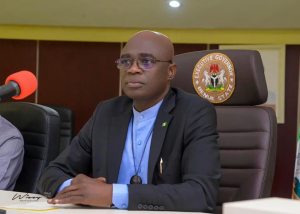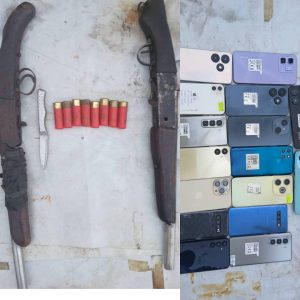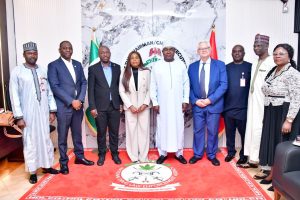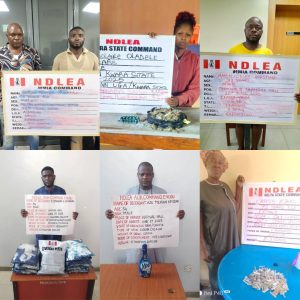Nigeria deployed medical contingent to Mali to help with UN peacekeeping mission
3 min read
Under the auspices of the Multi-Dimensional Integrated Stabilization Mission, a detachment of 62 Nigerian medical personnel who received training at the Martin Luther Agwai International Leadership and Peacekeeping Centre (MLAILPKC) have been deployed to Mali for peacekeeping duty (MINUSMA).
The deployment took place following a three-week intense and extensive training program based on UN pre-deployment modules.
🌿 Ruzu Non-Alcoholic Herbal Bitters
Ruzu Non-Alcoholic Herbal Bitters is a natural health supplement specially formulated to:
- ✅ Promote general wellness
- ✅ Detoxify the body
- ✅ Support the treatment of various ailments
Made from a powerful blend of 100% organic and medicinal herbs, Ruzu is completely alcohol-free, making it ideal for:
- 👪 All age groups
- 🌱 Health-conscious individuals
- 🌿 Anyone seeking non-alcoholic herbal remedies
Whether you're looking to boost your vitality, cleanse your system, or support healing the natural way, Ruzu Bitters offers a trusted herbal solution.
Major General Abdulsalam Ibrahim, Chief of Training, Army Headquarters, addressed the graduands at the Centre in Jaji Military Cantonment, Kaduna, saying the personnel had received training that qualified them to be deployed in the United Nations Multi-Dimensional Integrated Stabilization Mission in Mali (MINUSMA).
Read Also: Eleven people killed in conflict between herders and farmers in Taraba
They were mostly selected from Nigeria’s Army Medical Corps.
Ibrahim, who was represented by Brig-Gen Hassan Dada, stated that the graduation was in keeping with the Nigerian Armed Forces’ commitment to deploying high-quality peacekeepers as part of the country’s contributions to global peace and security.
He explained that the forces’ pre-deployment training was designed to provide them with the information and competence needed to participate in peacekeeping missions.
“It also equips them with the skills they need to protect themselves, UN equipment, and loyal citizens of the host country in their area of responsibility while carrying out the mission’s mandate.”
“More precisely, the training was designed to ensure that they were fully equipped to deploy efficiently in order to provide the mission’s professional medical support.”
Read Also: Gombe: National Population Commission Begins census pre-testing Exercise
After a combination of Taureq and other terrorist groups attacked and controlled several territory in Mali in January 2012, Ibrahim stated that the country has faced major political, security, socio-economic, humanitarian, and human rights difficulties.
When the troops were recruited into the mission, he urged them to maintain high standards and warned them to avoid any incidences that would ruin the Nigerian Armed Forces’ and the country’s professional image.
The Chief of Training urged them not to deviate from the rules of engagement handed to them, which included honoring the host nation’s cultural and religious sensibilities.
“You must not be involved in the trafficking of illicit substances of any kind,” Ibrahim said. “You should also be aware that the United Nations has a zero-tolerance policy on sexual exploitation and abuse, and that the Nigerian Armed Forces and indeed the Nigerian Government will not tolerate any violation of this policy.”
Major General Auwal Fagge, the Commandant of MLAILPKC, stated that troops were prepared for multidimensional difficulties in today’s dynamic and complicated peacekeeping contexts.
He said the troops had gone through four phases of training, including weapon training, core pre-employment training, casualty evacuation, medical supply management, and humanitarian service providing, among other things.
Read Also: Police confirm Over 20 people kidnap by bandits in Kaduna attack
Fagge asked the troops to keep working hard to enhance their abilities and create a positive image of the Nigerian Armed Forces.

